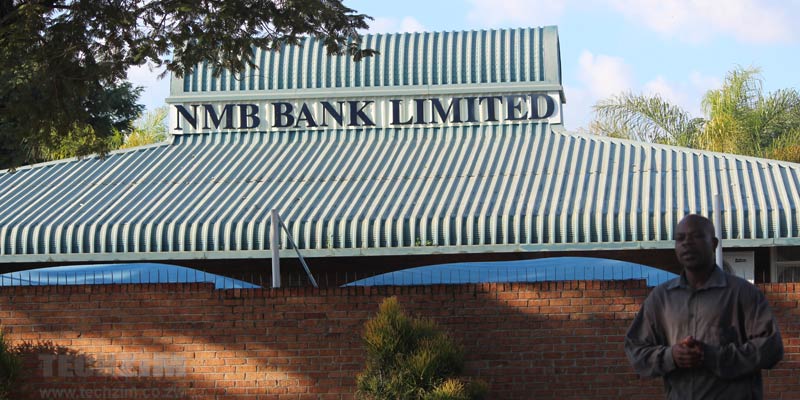The collapse of the Zimdollar has led to some interesting phenomena in Zimbabwe. The population prefers the US dollar but cannot bring themselves to bank said USD.
This means when it comes time to transfer money, Zimbabweans cannot turn to banks. They have their money under their mattresses and getting some of it to a family member hundreds of kilometres away becomes a whole problem.
So, companies have been scrambling to help the Zimbo with hard cash to transfer that money. EcoCash was the obvious choice until the RBZ crippled it for a while, outlawing USD transfers for a little while.
This led to many entering the fray with their own domestic remittance solutions. You will note that remittance as a word largely referred to transfers made by someone abroad to their home country.
In Zimbabwe, we expanded its use to include the sending of USD to someone within the country. We had to differentiate the sending of USD from the sending of Zim dollars somehow.
So, even banks had to find a way to help people transfer money to each other. This, despite the fact that a good number of those people have bank accounts. It’s because although 47% of Zim households have bank accounts, a tiny fraction has access to USD bank accounts.
You’ll hear banks say, “we have introduced a fast, affordable, and convenient way to send and receive money locally!” – and you’ll wonder what they are talking about. Haven’t banks allowed for the transfer of money forever?
So, BancABC had to come up with CityHopper, CBZ with CBZ Remit, POSB with POSB Remit etc. And recently NMB joined the race.
NMB Remit
NMB Remit allows for the transfer of USD locally. Although it is an NMB Bank service, one does not need to be an NMB customer to be able to use it, although there are benefits to being a customer.
NMB customers can send a maximum of $500 a day, up to a maximum of $2000 a month. Non-customers can send a maximum of $250 a day, up to a maximum of $1000 a month.
Cash will have to exchange hands and so NMB Remit users will have to visit an NMB Bank branch. NMB customers can initiate the transaction via the NMBconnect app and then show up with the cash to the branch.
In terms of charges, you will have to part with 5% of the amount you want to send. NMB gets 3% of that and the government gets its 2% pound of flesh. The minimum charge is $2. There are no withdrawal fees.
To put it another way, the charges to send are 5% and there are no charges incurred when receiving.
To send or receive you will need to produce an I.D., passport or driver’s licence.
A crowded domestic remittance market
NMB Remit looks to be a solid option but is not breaking any new ground. There are many doing the exact same thing in the market and it is not immediately clear why one should drop whatever service they were using to use NMB Remit.
The 5% charge is standard on the market. You may see the likes of InnBucks say it costs only 3% to send money but they also have a 2% withdrawal charge, making it 5%, just like NMB Remit. So, NMB Remit does not one-up anyone on cost.
The other major consideration is how extensive is a remittance service’s branch network. Looking at NMB’s branch locator, there seem to be about 6 branches in Harare and 7 elsewhere.
To be frank, that’s too few. The likes of InnBucks have close to 300 branches where users can deposit and withdraw.
However, NMB is in a partnership with Zimpost and NMB Bank services are available at 109 such locations so far. Getting 109 branch locations would be massive. Unfortunately, NMB Remit is not yet available at these Zimpost locations but NMB is “working on adding other products.”
So, for now, NMB Remit is just another remittance service which might actually be inconvenient for most to use. However, when (if?) they manage to get NMB Remit at Zimpost locations, it would become more convenient than most on the market.
There you have it. What do you think about this new service? What would make you switch services, and do you think NMB Remit has done enough to entice you to switch from whatever you were using? Do let us know in the comments section below.
Also read:
Old Mutual Zimbabwe launches a Fintech business, Old Mutual Digital Services
Bereka, the local startup delivering Mukuru remittances to your doorstep





2 comments
Me too kkkk
When you think about it’s cheaper to this then nostro to nostro transfer
There’s the 4 to 5% transfer fee on the sender’s side then another 2.5% to3% on receiver side
That’s an insane 8% cost
I’ve been forced to withdraw daily and then make the payments on cash on school fees for example. It’s just ridiculous
How can swnding money from outside be cheaper